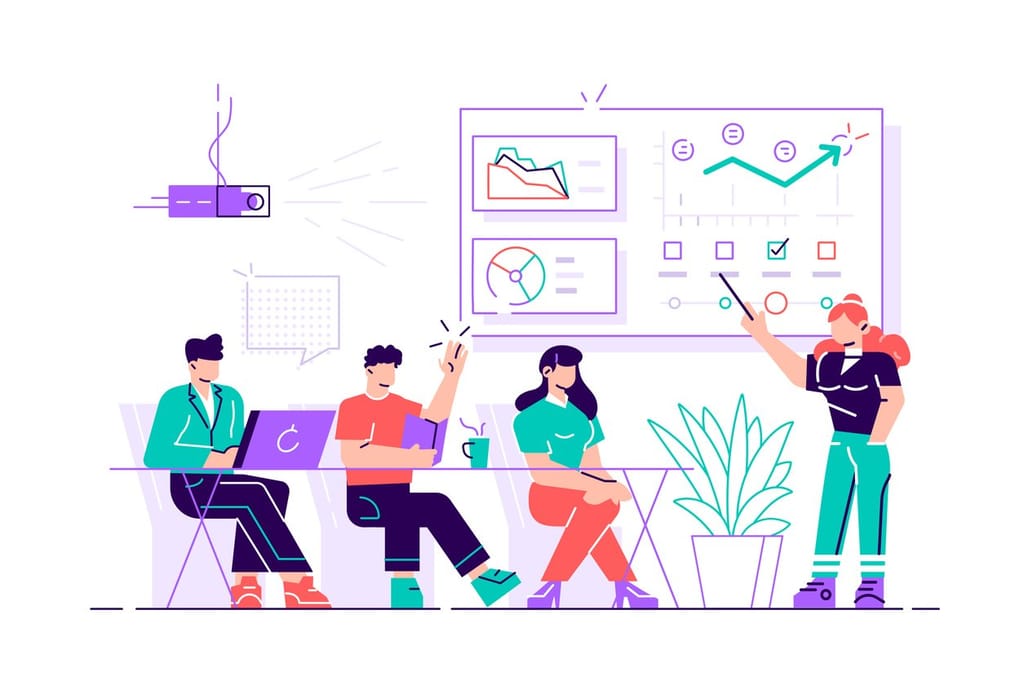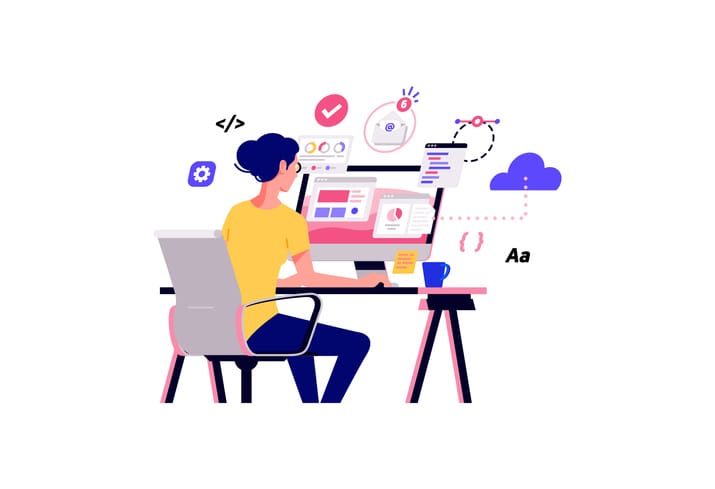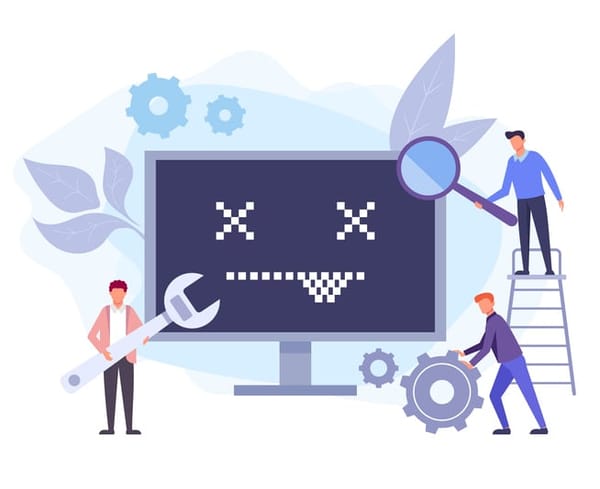
Want to know how much website downtime costs, and the impact it can have on your business?
Find out everything you need to know in our new uptime monitoring whitepaper 2021







Whatever the nature of your business, whether you are a freelancer or an online retailer, the quality of your website is key to the success of your organisation.
A well-run website serves as the online storefront of your organisation, acting as the destination point for people who are searching for the services you provide or the products you sell.
Are you confident that you have all the main bases covered when it comes to the management of your website? Keep reading below to discover five of the most important things you need to consider to make sure your website is projecting the best possible image of your organisation.
In the age of mobile devices, 5G, and super fast broadband, your website is only as good as the speed of your web pages. This is certainly the case for online users, who now expect web pages to load in two seconds or less. This is also the case for search engines such as Google, who take into account page speed when it comes to ranking one web page against another.
If page speed is not something you or your team have paid much attention to in the past, there are a few relatively straightforward steps you can take to reduce page load times, including:
For more information on how to improve page speed on your website, check out our in-depth guide on How to Increase Page Speed. When you are ready to start optimising page speed, create an account with StatusCake to take advantage of our free Page Speed Test feature.
Online traffic is increasingly mobile traffic, making it imperative that your website is optimised for mobile users first and foremost.
We’ve already covered the importance of page speed to the success of your website, and that applies particularly to mobile websites. Make sure you use a reliable web hosting company for your mobile website, preferably with a dedicated server if your budget can stretch to it. There are certain areas of your business where it makes sense to economise, but web hosting is not one of them.
The look and feel of a good mobile website also differs from that of desktop. On mobile, there is much less screen space available, and mobile processors are generally not as powerful as those found in desktops and laptops. For that reason, a less is more approach is called for when designing for mobile, with every pixel and plugin made to earn its place.
In many respects, the quality and content of your website is defined by your Content Management System (CMS). A CMS is the foundation of your website, allowing you to create, manage, and customise your website content according to the requirements of your business. A good CMS will allow you to seamlessly manage the crucial elements of your website, without ever having to write a single line of code.
There are a great many CMSs to choose from, most offering similar base-level functionality, but with more advanced features available at higher price points. Choosing the right CMS for your website will depend on the nature of your business. For an e-commerce business, for example, the ability to upload and manage product catalogues will be fundamental, whereas, for an events company, this functionality would be an unnecessary expense. To identify the right CMS for your website, first, take an inventory of what you require as a minimum to be able to manage your website effectively. You will then be able to compare the many CMSs on the market, and better identify the ones that most suit your needs, avoiding those which offer a host of attractive features, but which may not be the right fit for your business.
Check out our article Which is the Best CMS for an in-depth analysis of some of the most popular CMS on the market.
With the widespread adoption of mobile devices, and broadband serving even the most remote corners of the world, the world is more connected than ever before. This brings opportunities and challenges to businesses, as competition for the attention of online users has never been more intense, making it increasingly difficult to stand out from the crowd.
One of the most impactful ways to differentiate your online business is to optimise the user experience (UX). Good UX strives to optimise the user’s experience of your website in line with a fey key criteria, with a particular focus on usefulness, design, usability, accessibility, and credibility.
One of the most important website management considerations is also one of the most frequently overlooked. Website monitoring is crucial to the success of your website, and, if you rely on online sales for revenue, to your business as a whole.
Ask yourself the question, “how would I know if my website went offline?”. Would you find out from a potential customer through social media, or from a phone call from a valued client? Ask yourself also, how many users accessed the website and left frustrated before you found out about the issue?
A dedicated website monitoring service actively monitors the status of your website and will alert you almost instantly as soon as there’s an issue. This is an invaluable service, which allows you to act proactively to mitigate any potentially negative effects of downtime and to get your website back online as soon as possible.
Share this

3 min read IPFS is a game-changer for decentralised storage and the future of the web, but it still requires active monitoring to ensure everything runs smoothly.

3 min read For any web developer, DevTools provides an irreplaceable aid to debugging code in all common browsers. Both Safari and Firefox offer great solutions in terms of developer tools, however in this post I will be talking about the highlights of the most recent features in my personal favourite browser for coding, Chrome DevTools. For something

6 min read There has certainly been a trend recently of using animations to elevate user interfaces and improve user experiences, and the more subtle versions of these are known as micro animations. Micro animations are an understated way of adding a little bit of fun to everyday user interactions such as hovering over a link, or clicking

2 min read Read about the latest websites that have experienced downtime including Netflix, Twitter, Facebook and more inside!

2 min read Read about how Google suffered an outage due to the soaring temperatures in the UK in July and how they rectified it right here!

3 min read See the results of our website downtime survey to see some of the most shocking and surprising stats! You won’t be disappointed.
Find out everything you need to know in our new uptime monitoring whitepaper 2021